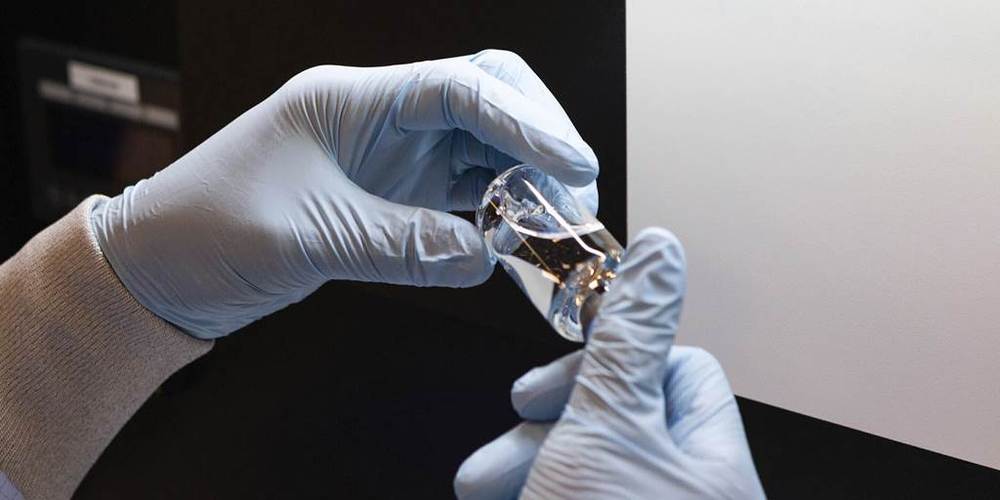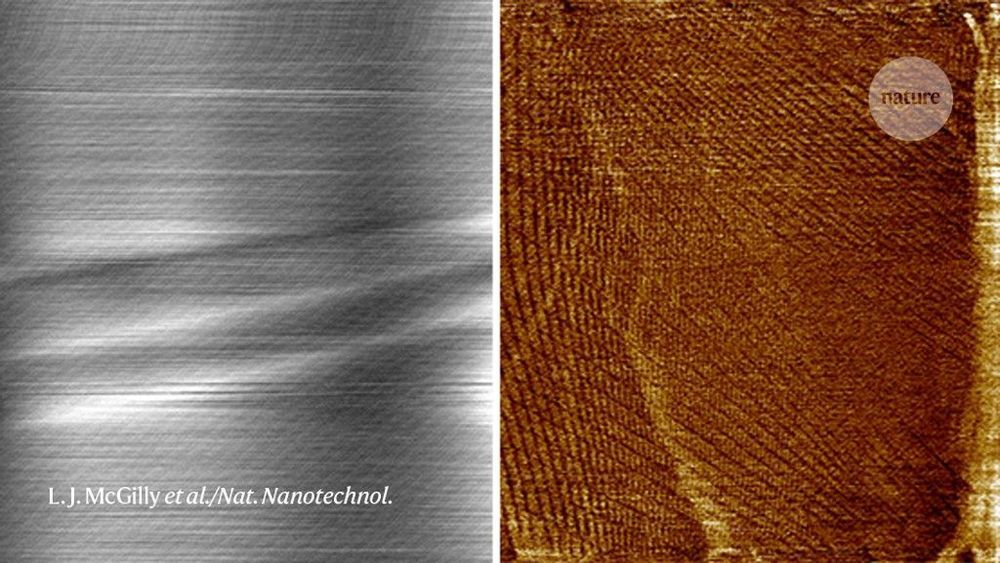The maker of a drug shown to shorten recovery time for severely ill COVID-19 patients says it will charge $2,340 for a typical treatment course for people covered by government health programs in the United States and other developed countries.
Gilead Sciences announced the price Monday for remdesivir, and said the price would be $3,120 for patients with private insurance. The amount that patients pay out of pocket depends on insurance, income and other factors.
“We’re in uncharted territory with pricing a new medicine, a novel medicine, in a pandemic,” Gilead’s chief executive, Dan O’Day, told The Associated Press.



